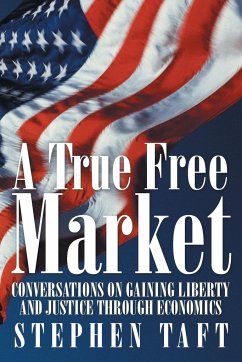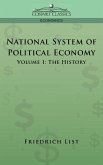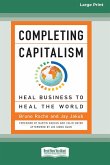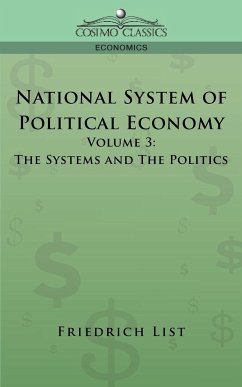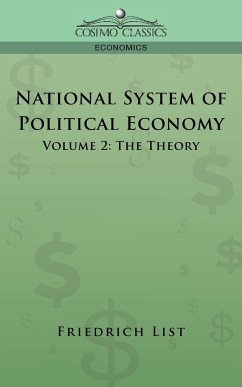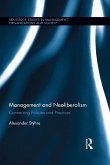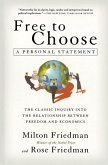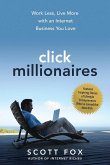" Ever since Mr. Olduvai and Mr. Rueul were introduced after graduating from different universities, they have shared a dual bond: respect for each other and dissatisfaction with the world around them. They see that the nation seems to be perpetually debating how to handle poverty, inequality, loss of personal freedom, and government debt. As years pass, supposed fixes come and go, but the problems remain. Yet the old friends still seek answers, and over the course of two days, they unravel the causes of economic problems and offer potential solutions. As they talk, they hash out the merit of simple laws governing access to land, the ability to say no, and the role of government, which together protect the nature of economic freedom. These basic laws allow capitalism to embrace and reward the demands of the entrepreneur, while also offering dignified alternatives for the less talented or uninspired -all without taxing a nickel of anyone's income. Our economy has the potential to eliminate financial insecurity for every citizen and still be the strongest economic engine in the world. Find out how by joining the conversation in A True Free Market. Excerpt from A True Free Market Would more freedom be available to us today had better economic choices been made in the past? And what do we mean by freedom in the first place? Must the state and the individual be adversaries? In effect, are the ideals we hold ideal to hold? Good design stems from human will, smartly applied to the laws of nature. A building, for example, cannot stand for long when designed in ignorance of physics. When physics is misapplied, the building crumbles. A farm cannot thrive when it is run in ignorance of agriculture, for when the basic needs of plants are not tended to, crops die. And a free market cannot thrive when constructed in ignorance of economics. When its fundamental forces are unappreciated in our lawmaking, the market fails. We have seen buildings collapse, and we have learned to build them better. We have seen crops die, and we have learned to better understand their needs. We have also seen markets fail, but we have not yet learned the nature of a true free market. We have tweaked our economic rules or applied new laws from political expedience, intuitive habit, or fear. Then we have proclaimed that great lessons have been learned. But in reality, we have only learned to wait for markets to fail again. We have not been quick to understand why cycles of economic dread persist among us or why our birth circumstance, more than anything, determines our economic fate. A true free market can be ours to enjoy. We only need to make it. "
Hinweis: Dieser Artikel kann nur an eine deutsche Lieferadresse ausgeliefert werden.
Hinweis: Dieser Artikel kann nur an eine deutsche Lieferadresse ausgeliefert werden.

